If you’re involved in table top role playing games (TTRPGs) such as Dungeons & Dragons and derivative works, you’ve no doubt sensed a great disturbance in the force — or at least in the TTRPG community. Alleged leaked documents from Wizards of the Coast (WotC), owned by Hasbro, indicate that the game publisher intends to make substantial changes to the Open Gaming License (OGL) that helped build the TTRPG community and popularize the brand.
Though not verified at the time of writing, this has caused major ripple effects in the gaming industry — including video games.
What is the Wizards of the Coast Open Games License?
The WotC OGL allows game designers and developers (including video game devs) to create, develop, execute, and sell share-alike and derivative works. Wizards encouraged game masters to design and sell their own content, even providing a platform for them to do so.
Now, they are allegedly changing the terms of the OGL, implementing stricter rules of use for anyone using their gaming system. There’s a specific targeting of any content creators (including streamers who stream actual plays of D&D TTRPGs or video games) who make more than $750,000 on the content, requiring a requisite 25 percent (pre-tax) go to Wizards and its parent company, Hasbro.
The leaked OGL comes on the heels of WotC’s “One D&D” announcement in 2022, stating their intention to further develop their D&D gaming system. TTRPG fans had mixed feelings about One D&D, but are generally against the OGL changes.
Entire game designers, professional game masters, streamers, and small businesses have built their livelihoods around the WotC OGL, so this news is quite upsetting. After investing in improving D&D, making it more inclusive, and seeing massive book and game sales thanks to outlets like Stranger Things and Critical Role, the company has tried to make it harder.
The Relationship Between Video Games and Table Top Role Playing Games
How do changes in D&D affect video gamers? The relationship between TTRPGs and video gamers is closer than you might think. For starters, the OGL rules can be used to craft video games — and they have been.
John Harford, Owner, Writer, and Game Designer at Fox and Boar Games, weighs in on the OGL issue and how it could affect video games:
It is still questionable as to what exactly can be enforced and fall under strict OGL governance. But the current language makes it clear that content such as video games, video streams and YouTube content, songs and performance and other undefined media may be targeted.
John Harford, Owner, Writer, and Game Designer at Fox and Boar Games
The OGL allows for a set, established, effective system on the table — easily adapted to video game programming to work out conflict resolution, combat, and even social encounters. This puts game studios and other elements of an already fragile industry ecosystem further at risk.
Most streamers on platforms like Twitch initially became popular running video game content on there. Many also now run talk show formats, D&D streams, and even live action role playing games (larps). Much of this content directly uses or is based on the OGL. And now, streamers and professional gamers, even in private sessions, will have to understand and abide by a set of rules that was not there before.
Why Does This Affect Content Creators?
The new OGL potentially affects past works. In essence, WotC could retroactively change the license, making new rules apply to content published under the original OGL. Harford elaborates:
The leaked copy of the OGL 1.1 as we’ve seen it at the time of writing (1/12/2022 2:27 PM ET) has wide reaching ramifications on both independent creators seeing to publish both electronic and print content rooted in the long standing OGL 1 which was assumed under good faith to be perpetual. The biggest concern is the implication that not only future works but past works are now subject to not only massive revisions to conform to this new OGL, but also in effect become property of and therefore publishable by Hasbro/WoTC for profit. With no recourse to the original designer. This is a pretty egregious breach of the original intent of OGL 1, and also an unheard of unethical move in today’s game publishing environment. I don’t think any serious publisher has an issue with reasonable attribution or royalties on future, high netting products. But there is concern over the reality that this contract could be used to take up to a 25% cut on projects such as Kickstarters and other crowd funding sources. And their currently seemingly high threshold of $750,000 gross could according to the document being circulated, changed at any time with no notice to anyone. As a long time enthusiast of the hobby now turned business, independent creators kept it alive and allowed Dungeons and Dragons and related games to flourish – when the main publishing houses and rights holders allowed it (intentionally or not) languish.
John Harford, Owner, Writer, and Game Designer at Fox and Boar Games
Additionally, if the new OGL is successfully implemented and legally applied, it sets a precedent for the gaming industry. Currently, TTRPG and video game publishers generally enjoy when streamers play their content or when people play a third-party GM to facilitate games. Now what will they do?
Which Video Games Will WotC OGL Changes Affect?
There are two beloved video games that could be affected by the WotC OGL changes, but we also don’t know how many video games are in development using the original OGL. These games may be:
Star Wars: Knights of the Old Republic
It is unclear whether Star Wars: Knights of the Old Republic (KOTOR) was developed using a special license with Wizards, OGL, or none of the above, but it is possible that KOTOR would fall under any new OGL rules. Since the release of KOTOR, Disney has purchased Star Wars, making for an interesting possible conflict over the intellectual property.
While KOTOR isn’t exactly new, it is a fan favorite — and the new OGL would allegedly affect existing properties.
Solasta: Crown of the Magister
Solasta: Crown of the Magister, on the other hand, has only been out since May of 2021. The first sentence of the game description says you can “roll for initiative” and “take attacks of opportunity.” The game description also specifically references the Systems Reference Document, which describes how to publish using OGL.
Solasta is a franchise; Crown of the Magister is one of many. This could spell trouble for Tactical Adventures, the game’s publisher.
Under US copyright law (specifically concerning video games, in fact), you can’t copyright mechanics — but the OGL covers many other aspects of the game.
Alternatives to OGL/D20 Systems for Video Game Devs
Whether the mechanics resolve on or off-screen, D&D’s system is very convenient and well-tested — both great reasons for video game developers to take interest in using it. Given even just recent rumors, though, it’d be a risky decision for them to develop using OGL.
Fortunately, other tabletop game publishers are stepping up to address this problem.
- Paizo, publisher of Pathfinder and Starfinder RPGs, likely caused its own site’s malfunction after publishing an announcement that drew substantial traffic to their site. On Facebook,, they linked to the blog containing details, stating: “We have announced a plan for a system neutral open RPG license in collaboration with other game companies. We believe it will irrevocably and unquestionably keep alive the spirit of the Open Game License.”
- Chaosium, publisher of Call of Cthulu and 7th Sea RPGs, shortly thereafter announced its participation and support of Paizo’s initiative on Jan. 12. It’s called the Open RPG Creative License, cleverly abbreviated as ORC. Kobold Press, Legendary Games, and Rogue Genius Games are also listed as being on board. Additionally, they reminded their audience of their 2020 initiative to create another open gaming system.
- Kobold Press announced Project Black Flag, their own open gaming initiative, on Jan 10. Notably, they are a TTRPG publisher with a significant amount to lose considering this prospective OGL change. They also address working with their virtual table top (VTT) partners . (VTTs allow players to play tabletop games digitally, further blending the space between TTRPG and video game.)
Thus far the fan response has been one of disapproval, with a call to cancel D&D Beyond Subscriptions. Several prospective leaks have emerged, and WotC was supposedly going to make an announcement about OGL on Jan. 12, but that did not happen.
Thanks for reading our speculative piece about how WotC OGL changes could affect video games. To keep up with the latest news and info, make sure you follow the Gamer Journalist Facebook page. You may also enjoy Disney Dreamlight Valley Storage Strategy: How to Store Your Stuff Without Upgrading Your Bag.



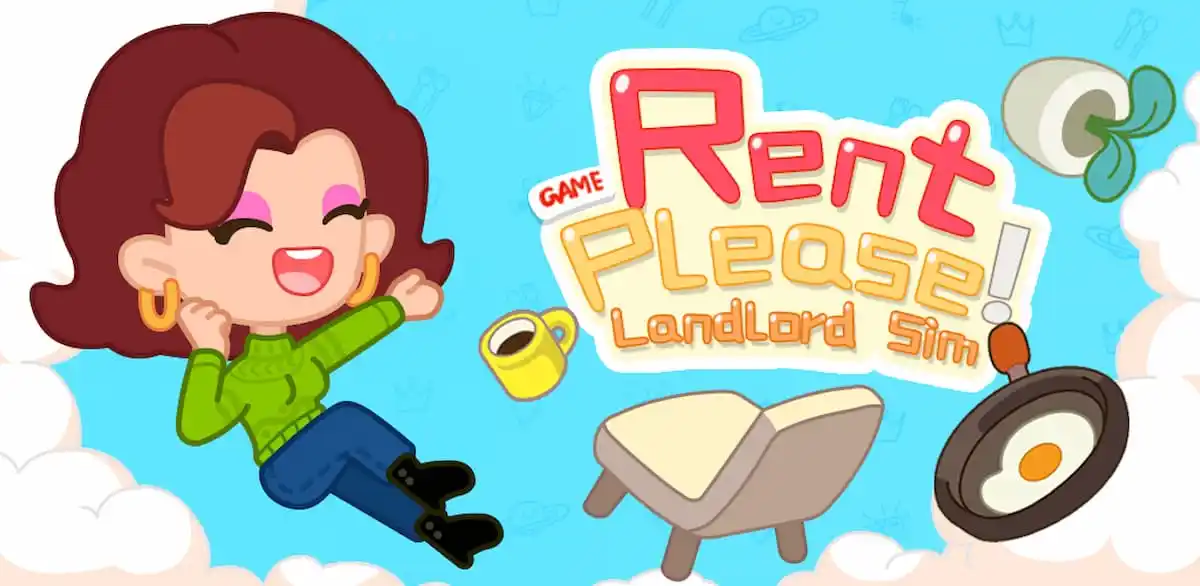

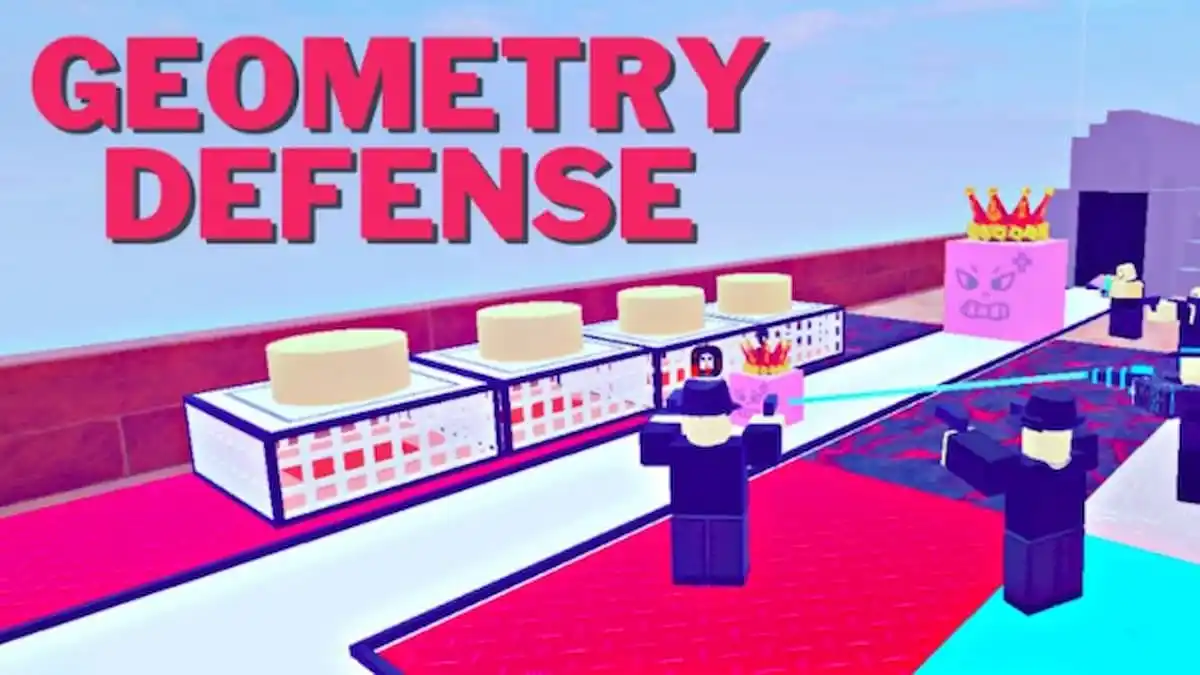
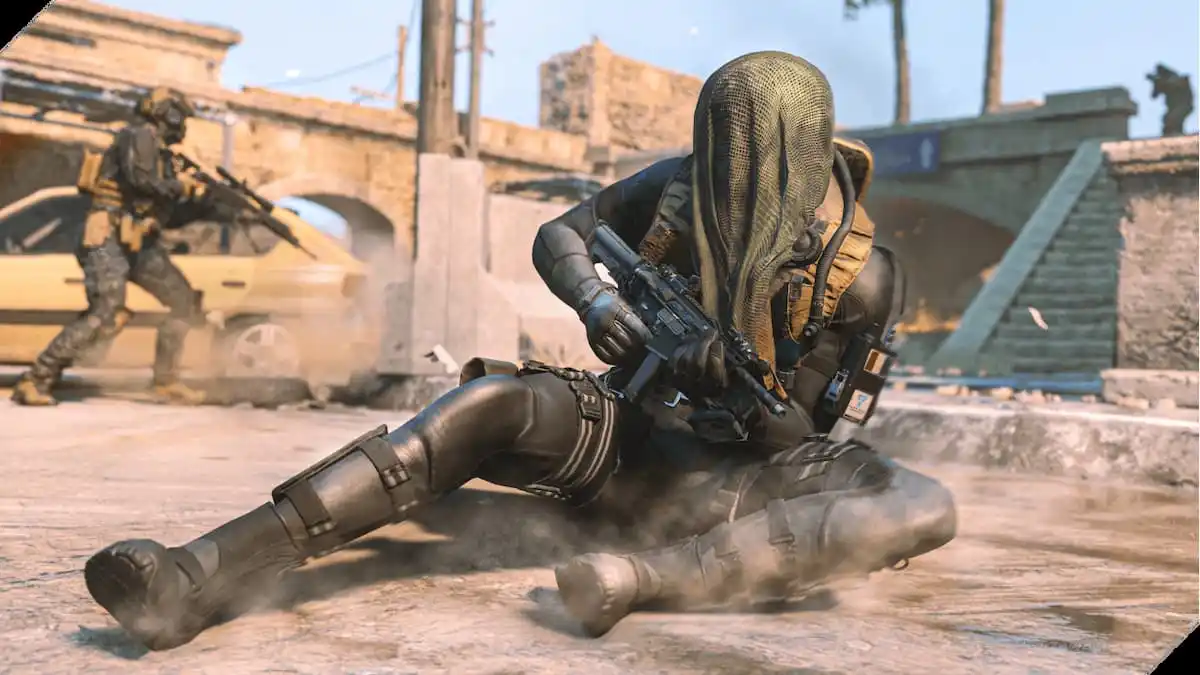
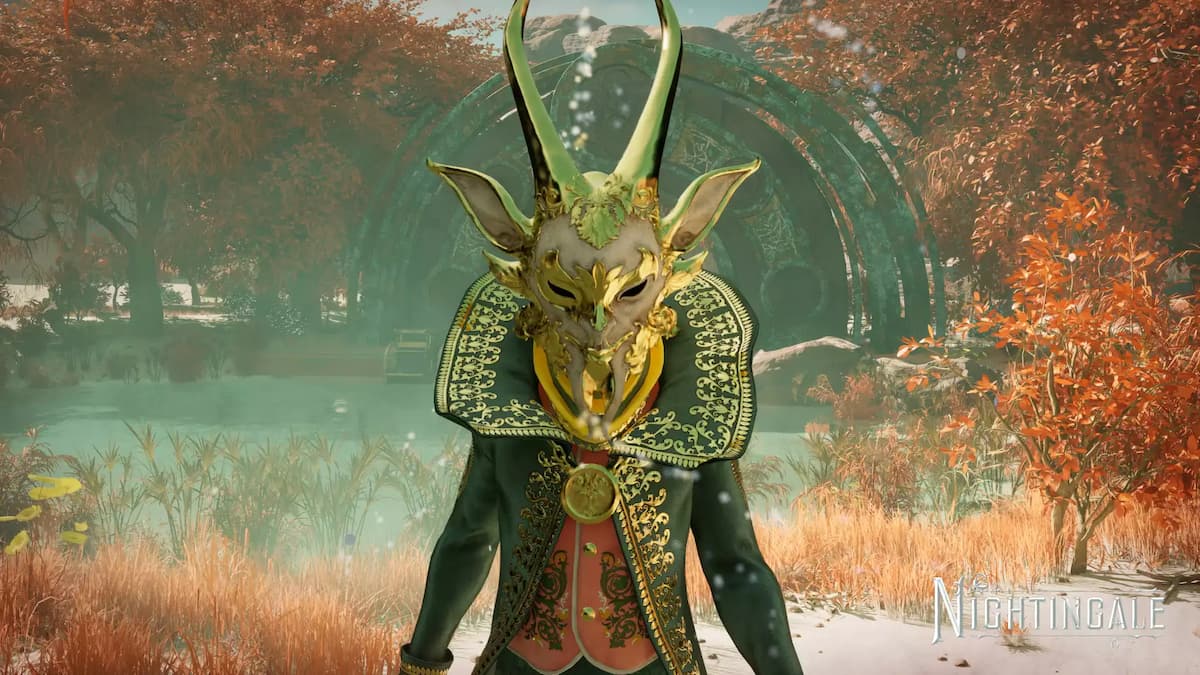

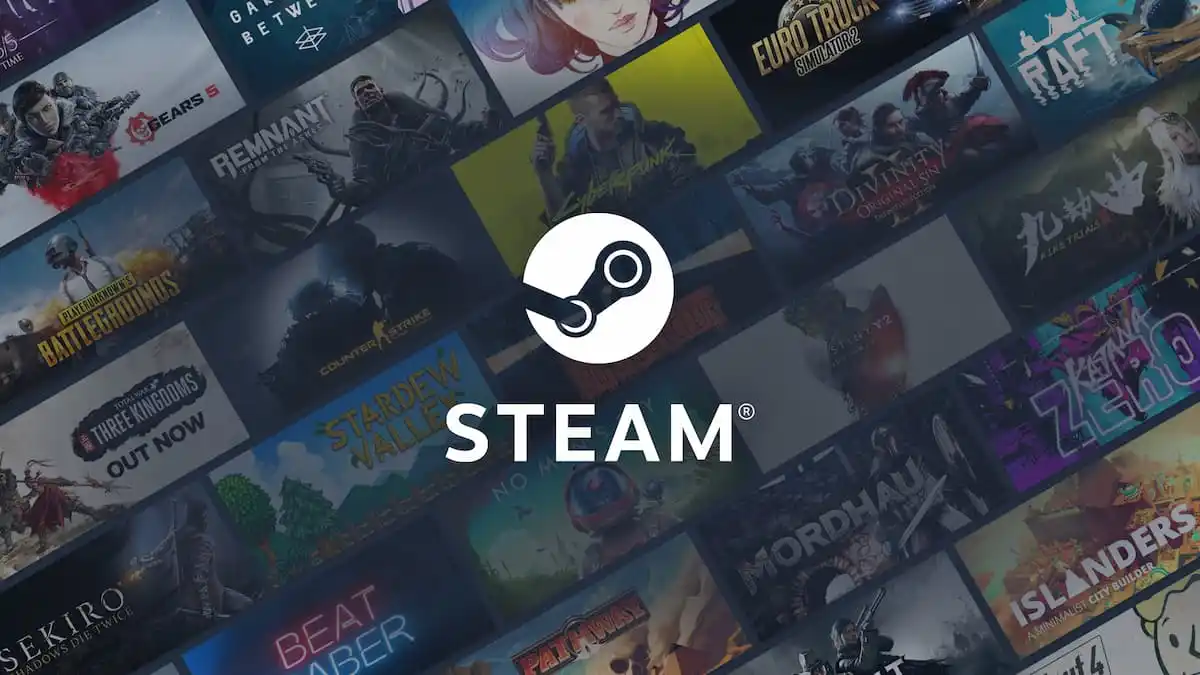
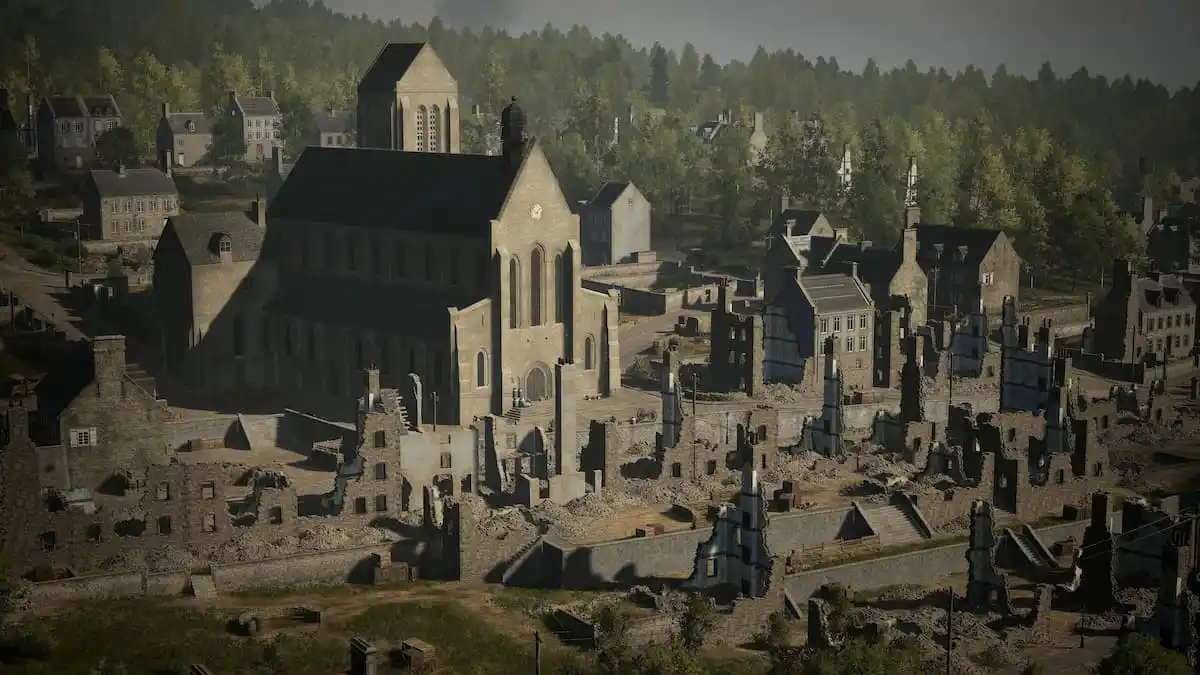
Published: Jan 13, 2023 09:54 am